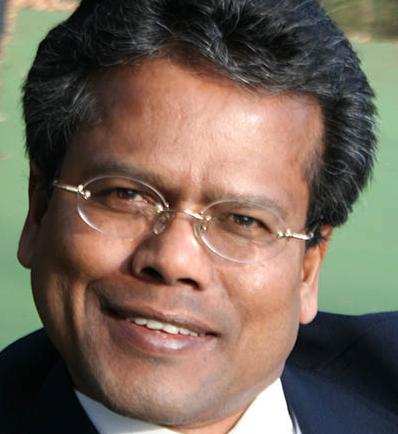Sources with China Railway International USA Co. Ltd. disclosed the other day that the first high-speed rail joint venture by Chinese and American companies, with an overall investment of $12.7 billion, may be aborted. It is rash and irresponsible for the American side to unilaterally break the contract shortly before construction work begins for the Los Angeles- Las Vegas high-speed rail.
The Los Angeles Times reported that the US company XpressWest unilaterally announced on June 9 it is formally terminating cooperation with CRI, and would continue seeking other partners and forms of partnership for the project. XpressWest CEO Tony Marnell revealed in the announcement that the biggest impediment to the project was the US federal government rule that high-speed trains must be made in the US. He urged the government to take more flexible and realistic approaches to support construction of high-speed railways.

The proposed high-speed XpressWest train, which would run between Las Vegas and Los Angeles. Photo: AP
According to Clause (a), Sect. 1605 of American Recovery and Reinvestment Act of 2009, “None of the funds appropriated or otherwise made available by this Act may be used for a project for the construction, alteration, maintenance, or repair of a public building or public work unless all of the iron, steel, and manufactured goods used in the project are produced in the United States”. But as everybody knows, the US doesn’t make high-speed trains. This “buy American” clause has thus become one of the main obstacles to high-speed railway development in the US.
The US has extremely detailed federal and local government regulations on infrastructure construction, which have on one hand truly protected various American interests, on the other hand restrained infrastructure development in the US. Marnell said the real doubt was whether decision-makers in Washington could support high-speed rail development from a strategic perspective, and whether they will let American infrastructure construction rely on foreign government financing.
In fact, US President Barack Obama has placed much emphasis on US infrastructure construction. The Obama administration put $10.5 billion in developing railway system during his first term of office. In his 2011 State of the Union address, Obama reiterated the significance of rebuilding American infrastructures at multiple points. “When our own engineers graded our nation’s infrastructure, they gave us a “D”, said Obama. He emphasized that the US needs to be rebuilt to win the future. “We will put more Americans to work repairing crumbling roads and bridges. We will make sure this is fully paid for, attract private investment,” he vowed. “China is building faster trains and newer airports…We have to do better.
“Within 25 years, our goal is to give 80% of Americans access to high-speed rail,” he promised. Obama’s remarks opened up broad prospects for in-depth China-US collaboration in such fields as high-speed rail.
Five years later, however, the American side has pulled the emergency brake on the China-US high-speed rail program. CRI officials have protested, saying XpressWest violated relevant agreements by unilaterally announcing termination of cooperation, and are dealing with the matter in accordance with law. CRI’s general manager disclosed the two parties were in working-level talks on June 2, the abrupt unilateral announcement on June 9 was thus surprising and illogical.
Industry insiders suspect there may be political calculations on the part of the American side behind the sudden change in the high-speed rail project. The true obstruction to American high-speed rail development is domestic political divergences in the US, both between the Democratic and Republican parties, and between federal and local governments.
This seems to indicate XpressWest should first lobby the government before engaging in collaboration with any future partner. But sometimes Americans would rather do nothing than abandoning the “politics of containment”. The ill-fated American high-speed rail is a case in point. Pure and simple business goals are destined to be unachievable in the whirl of politics.
Next up, what partner will XpressWest find, in what manner will they cooperate and continue the project? The high-speed rail drama that resulted from XpressWest’s abrupt turn has aroused global attention.



